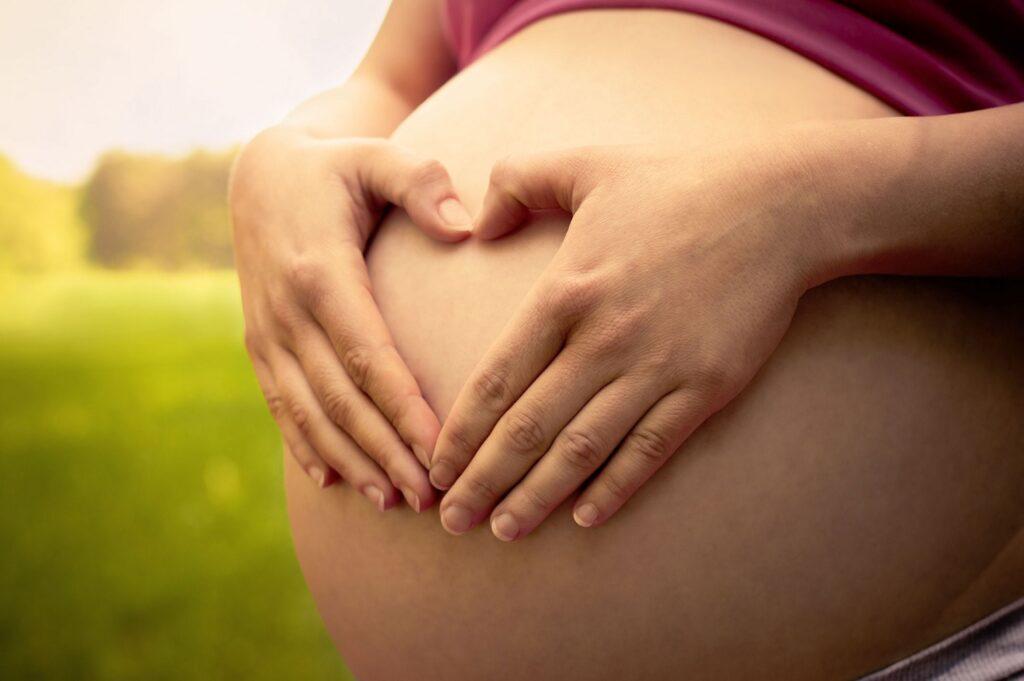According to a study published in the journal Pediatric and Perinatal Epidemiology, infants exposed to marijuana in utero “did not perform worse on neuropsychological assessments than unexposed children at ages 10 and [again at ages] 19 to 20”.

For the study researchers “evaluated the association between prenatal marijuana exposure (PME) and neuropsychological test scores in late childhood and early adulthood, accounting for a wide range of parental characteristics.” The study was conducted by researchers at Columbia University in New York and the University of Western Australia.
The study evaluated participants from the Raine Study, a cohort of 2,868 children born between 1989 and 1992. Children whose mothers provided information on marijuana use during pregnancy were included, and the “primary outcome was the Clinical Evaluation of Language Fundamentals (CELF) at age 10.”
Secondary outcomes “included the Peabody Picture Vocabulary Test (PPVT), Child Behaviour Checklist (CBCL), McCarron Assessment of Neuromuscular Development (MAND), Coloured Progressive Matrices (CPM), Symbol Digit Modality Test (SDMT) and Autism Spectrum Quotient (AQ) scores.”
Furthermore, “Exposed and unexposed children were matched by propensity score using optimal full matching. Missing covariate data were imputed using multiple imputation. Inverse probability of censoring weighting (IPCW) was used to adjust for missing outcome data. Linear regression within matched sets, adjusted by IPCW, evaluated score differences between exposed and unexposed children. As a secondary analysis, modified Poisson regression, adjusted by match weights and IPCW, evaluated the risk of clinical deficit in each outcome following PME.”
Of the 2,804 children in this cohort, 285 (10.2%) had PME. According to researchers, after “optimal full matching and IPCW, exposed children scored similarly on CELF Total (-0.33 points, 95% confidence interval [CI] -4.71, 4.05), Receptive (+0.65 points, 95% CI -4.08, 5.38) or Expressive (-0.53 points, 95% CI -5.07, 4.02). PME was not associated with secondary outcomes or risks of clinical deficit in any neuropsychological assessments.”
Researchers conclude:
After adjusting for sociodemographic and clinical covariates, PME was not associated with worse neuropsychological test scores at age 10 or autistic traits at 19-20.


